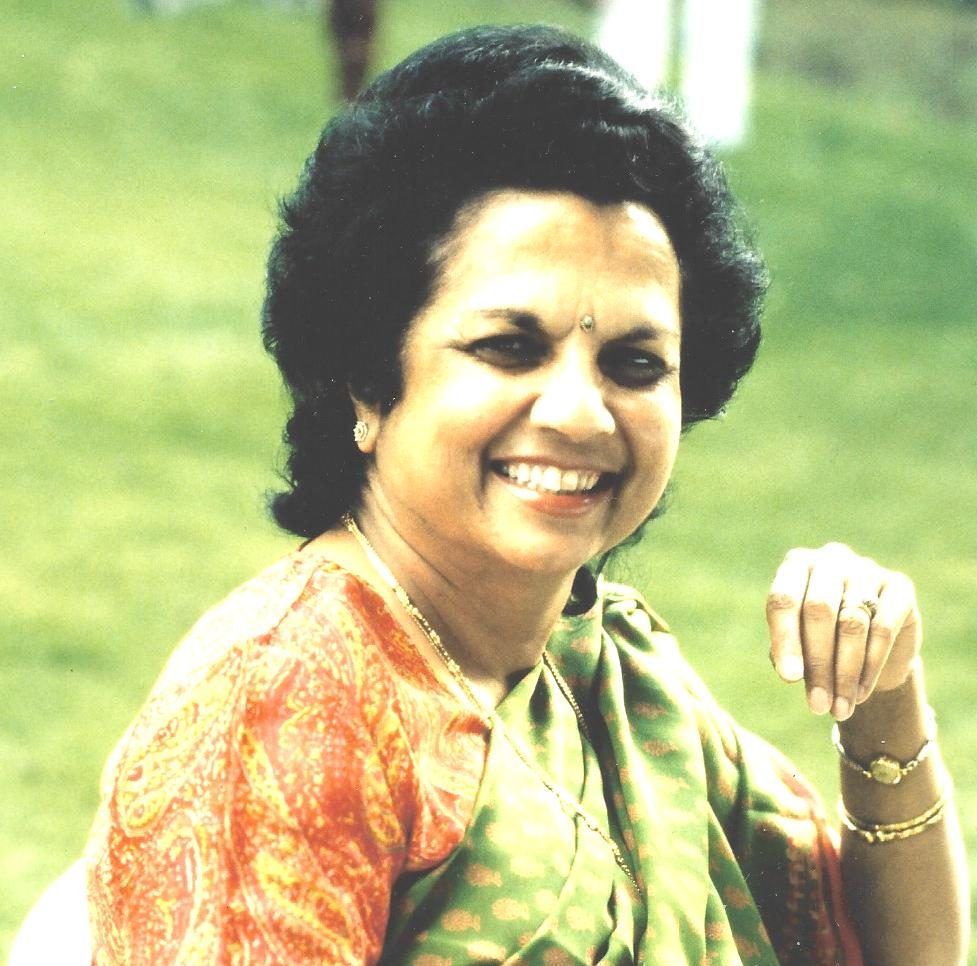
By: ManjuChandran
TRIBUTES have been paid to Saroj Lal, a prominent Scottish race relations activist, who died of cardiorespiratory failure on March 12, at the age of 82.
Lal, a former director of the Lothian Racial Equality Council, was involved with race relations in Scotland since the 1970s through the 1990s till her retirement in 1996.
Her role as at the Lothian Racial Equality Council (LREC) enabled her to campaign for, negotiate and establish equal rights for black and minority communities at strategic and policy level through representation and negotiations.
A highlight of Lal’s contribution was her work on defining what was meant by a racial attack and implementing robust reporting systems and equal opportunities policies.
She encouraged the police to set up regular monitoring of racial incidents, including racist bullying in schools, established programmes of training for police staff and recruits.
She also worked on increasing the profile of black and ethnic minority communities within the police force and encouraged the recruitment and promotion of police officers from those communities.
Her efforts helped give a voice to women, black and minority communities through the Lothian and Borders Police, the prison service and the Scottish refugee and arts councils.
In addition, she helped a variety of languages, cultures and faiths to flourish in her adopted city of Edinburgh.
She helped to establish the first Asian Cultural Girls’ Club at Edinburgh’s Drummond Community High School and the Continuation Course for Asian girls at Telford College for higher education.
Lal was also on the board of the Scottish Arts Council and a key player in the 1986 Commonwealth Arts Festival.
Born in Gujranwala, in the Punjab province of Pakistan, in 1937, she was inspired by her father Behari Lal Chanana, a freedom fighter and a believer in women’s equality.
She was educated at Punjab University in Chandigarh and completed her MA in economics in 1962.
After marriage, she moved to Madras (now Chennai) in south India and then to Singapore, where she had her first taste of living in a multi-racial society.
The family later moved to Birmingham and eventually settled in Edinburgh.
Her son Vineet Lal recalls that leading the work undertaken by Lothian Racial Equality Council was undoubtedly her finest hour.
“It placed her in a central role within the field of race relations and equal opportunities in a wide range of sectors. Her role as director enabled her to campaign for, negotiate and establish equal rights for black and minority ethnic communities at strategic and policy level through representation and negotiation with a wide range of bodies across the public and private sectors,” he said.
Kaliani Lyle, ex-CEO, Scottish Refugee Council and Citizens’ Advice Scotland, described Saroj as a woman “who cared for and about other women”. She not only understood the notion expressed that there was more than one way to be female and more than one way to be a feminist – Saroj embodied it – lived it, practised it.”
“Saroj was a trailblazer and it was on her shoulders that many of us stood in the fight against racism in Scotland. We listened to Saroj and we learnt.”
Selma Rahman said: “I watched how Saroj worked tirelessly for individuals, for families, for communities, for the LREC members. I remember how she built alliances, brought people, councils, and organisations together to fight racism, to identify and promote the required change, both legislative and societal.”
